Trinity: The most recognizable part of my tattoo is probably the center, which is the trinity knot. The trinity knot represents the trinity by having three points (for the godhead) as well as being a never ending loop (with a circle) to represent the infinite, never beginning, and never ending aspect of the godhead. The trinity is the center because God is the center of everything.
Upside Down Kingdom: At the bottom you can see a kingdom which is upside down. I was first introduced to the "upside down kingdom" terminology by Donald Kraybill, whose book is of course titled, "The Upside-Down Kingdom." The book was revolutionary for me, and started me on a journey that would revolutionize my Christian thought and actions in the world. The concept is essentially that Christ's taught us an upside down way of living. The last are first. Slaves are free. The least are the greatest. Masters are to serve. Christ's way overturns the powers of this world not through aggressive force, but through sacrificial love. This is the foundation the world is built on. In fact, we see it in the Garden of Eden, for the first thing that happened when sin entered the world was that humanity recognized their nakedness. It was the first time they had looked to themselves, for before they had only looked to serve each other, God, and nature. The upside down Kingdom is God's way.
The Garden and the Tree of Life: It is on the foundation of God's upside down Kingdom, whose center is the godhead, that the utopia of the garden and the tree of life are built.
The River: The river represents the streams of living water which flow forth from God's utopia. Jesus said that he is the living water, and it is he who brought the upside-down Kingdom to earth, bringing us restoration and salvation so we could live with him again in utopia upon our resurrection. But this river isn't just isolated to the Garden. Isaiah shows that this river flows forth from Christ, through his people, and out into the world. This is why the river flows out of the garden and extends to my arm. Through me - and all other believers - God moves through the world and brings life and restoration to his creation. He is making his enemies his footstool and he is calling others to himself, and he has chosen to use us as his ambassadors to do it.
The Heart: This image is placed over my heart, as it is the godhead dwelling in me, through the Spirit, which transforms me and enables me to be the hands and feet of Christ in the world.

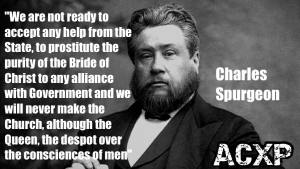
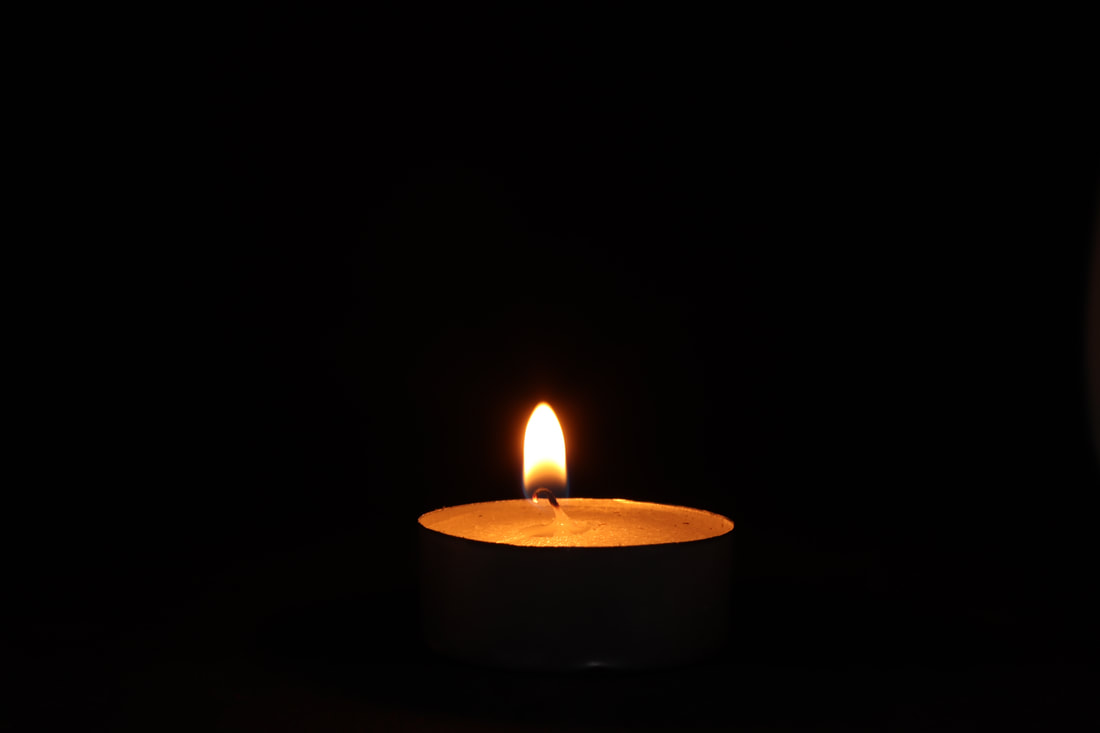
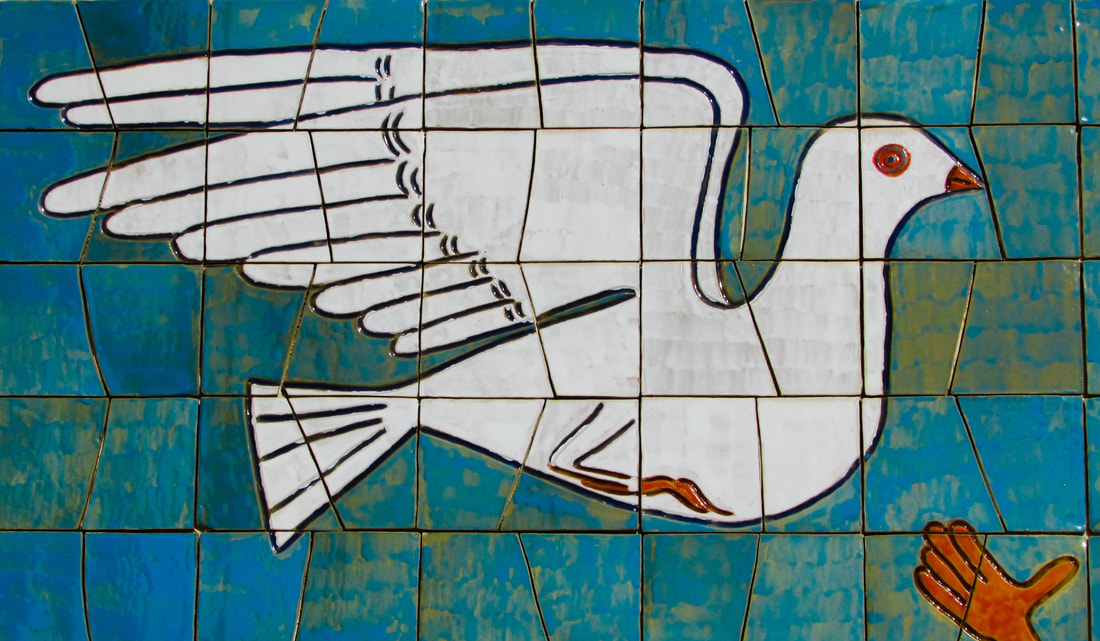
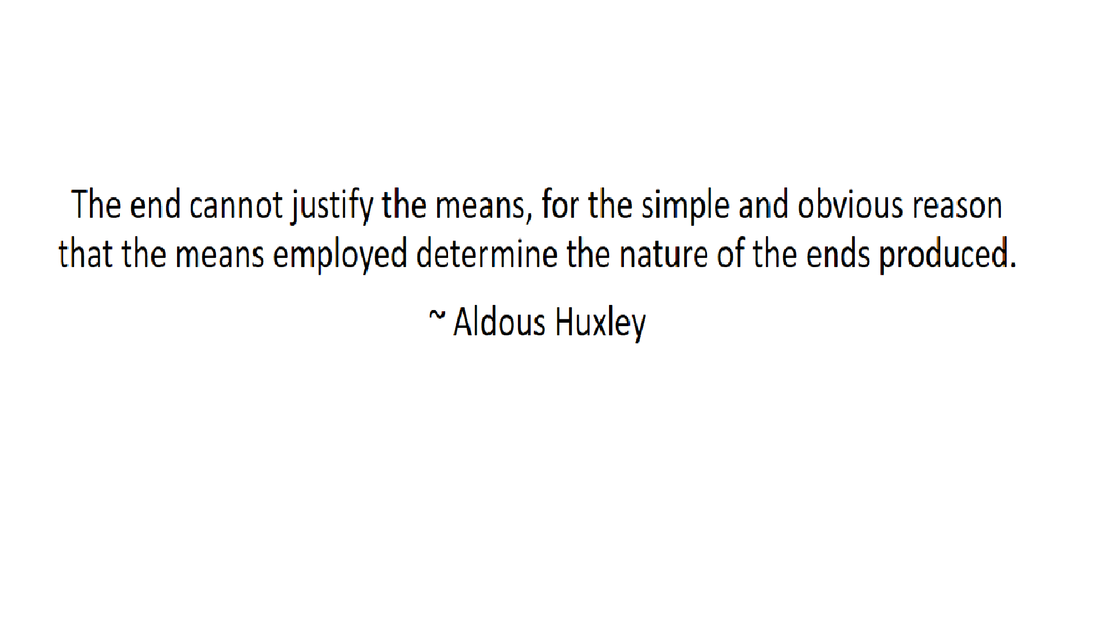
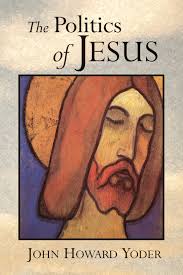
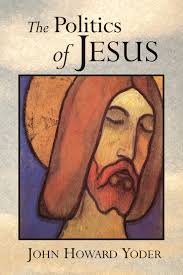
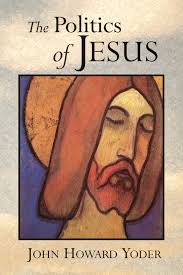
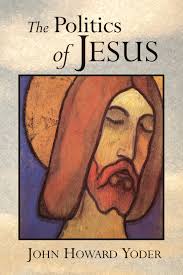
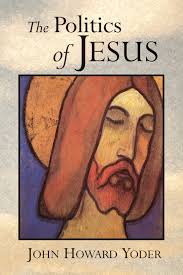



 RSS Feed
RSS Feed